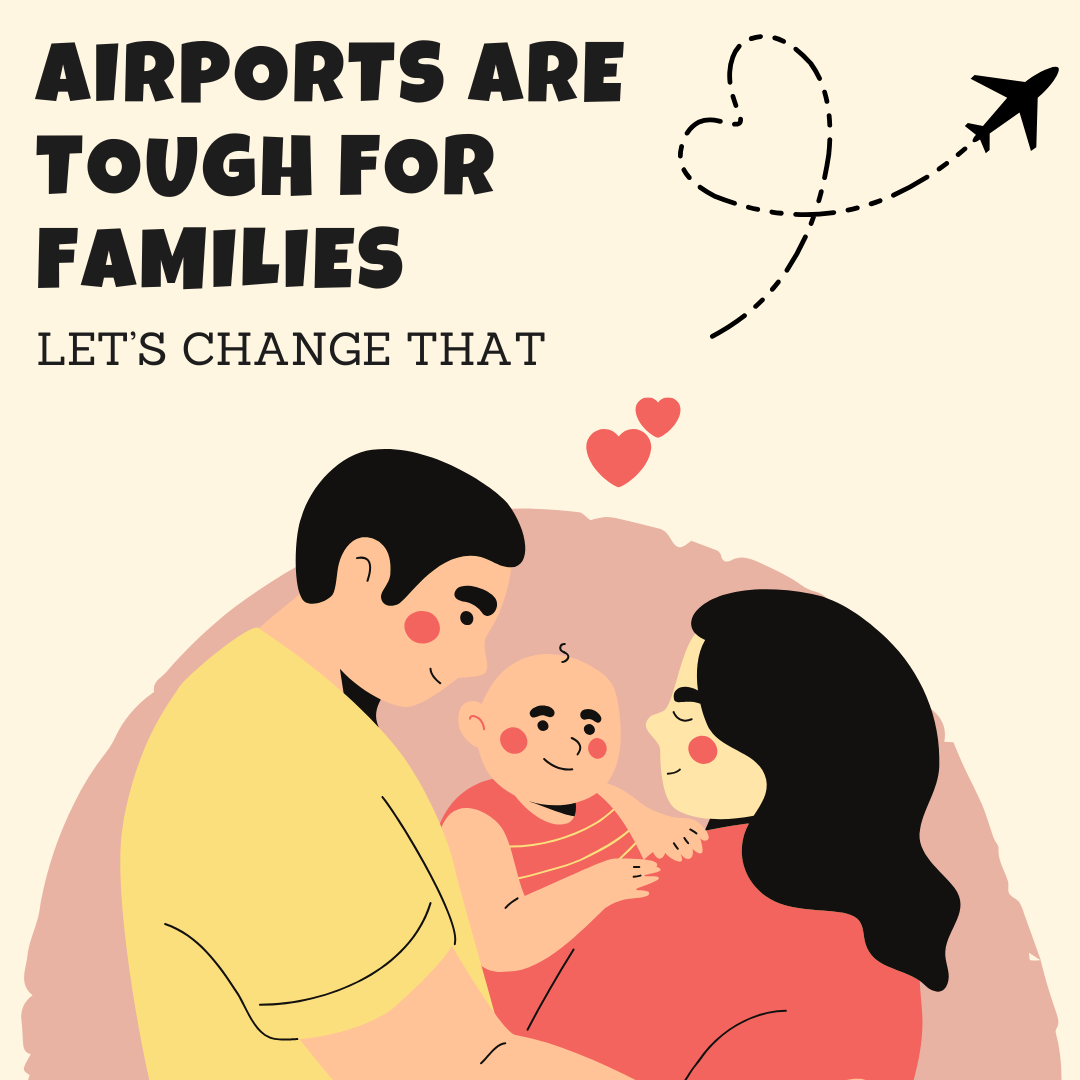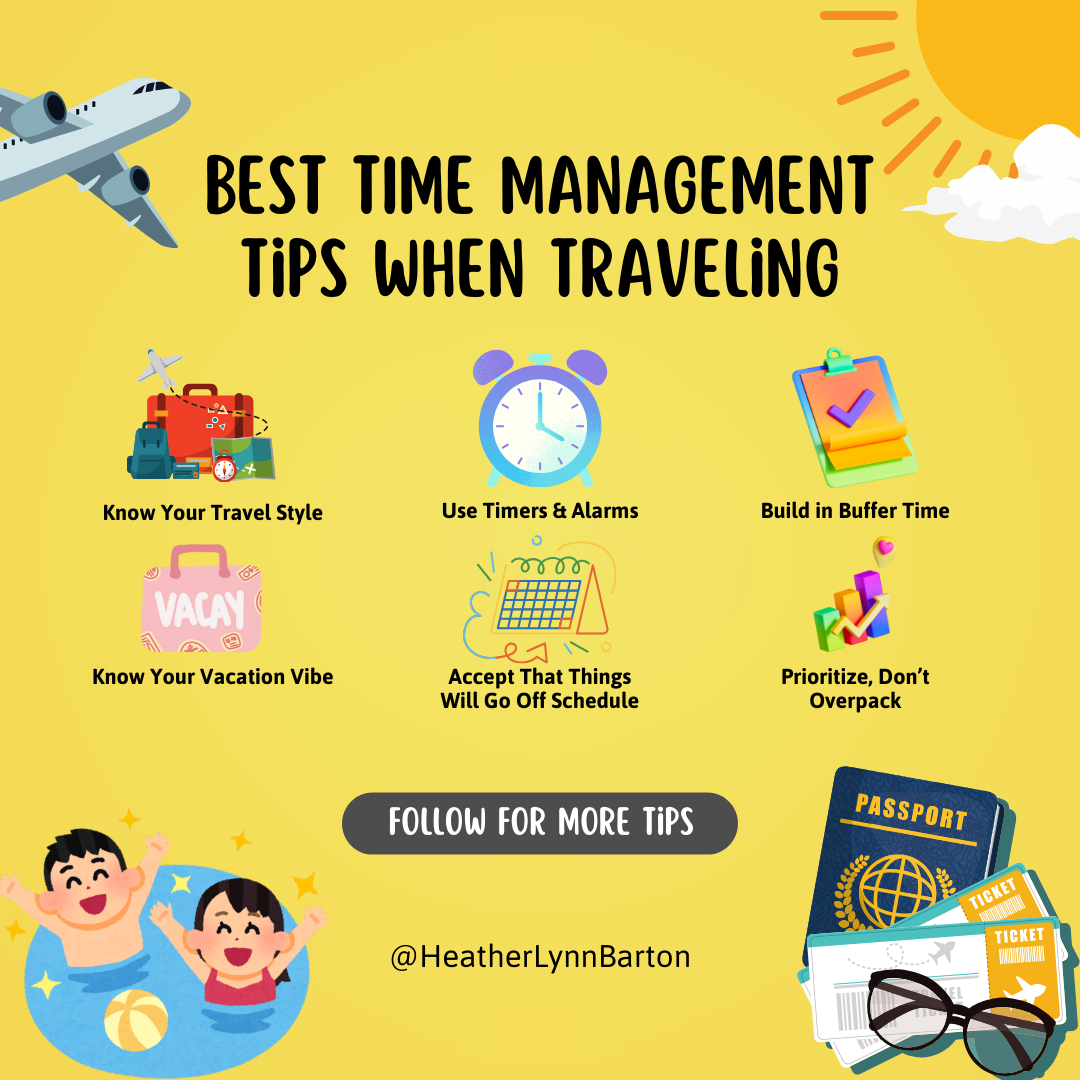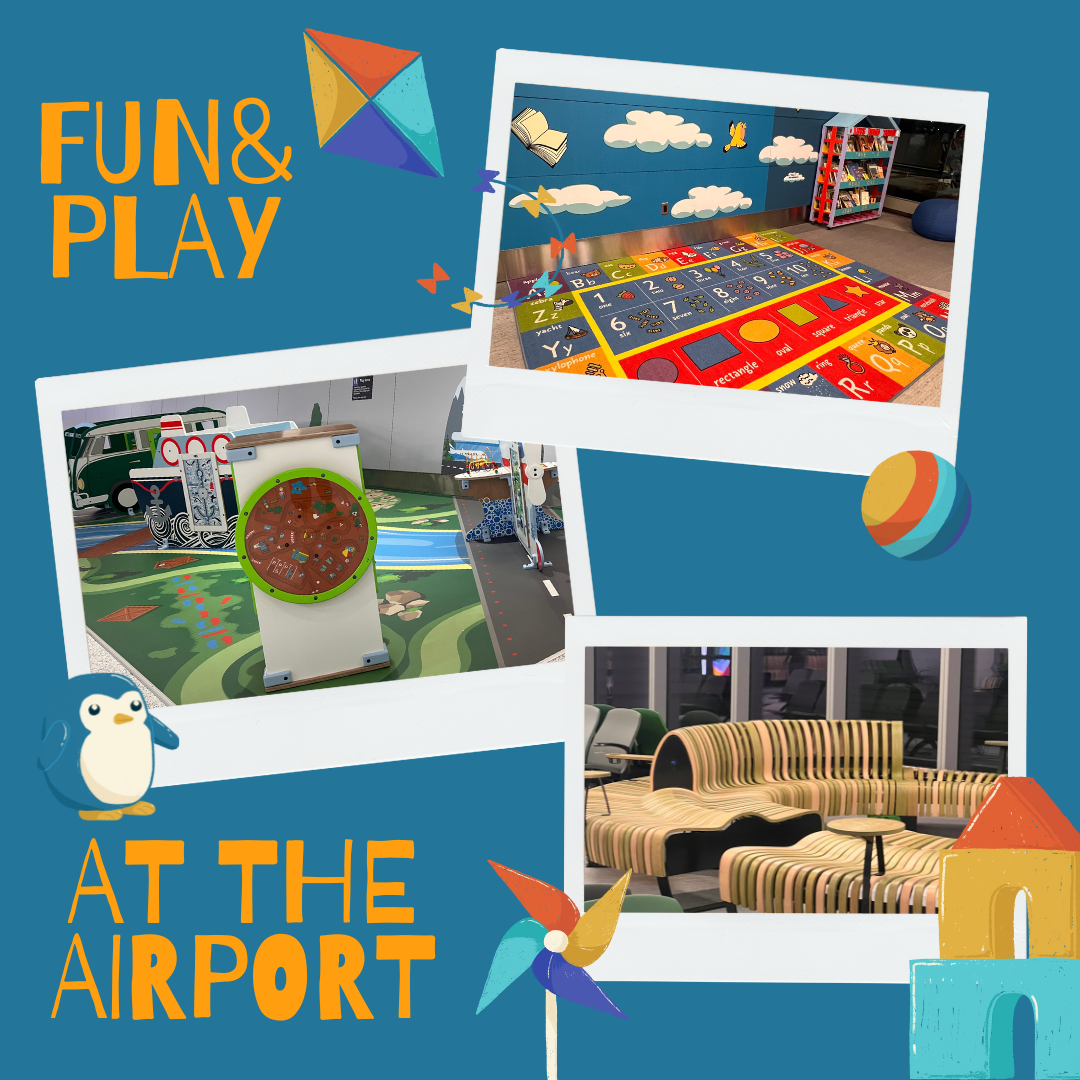Airports Are Tough for Families
Airports Are Tough for Families—Let’s Change That

Airports aren’t exactly known for being the most family-friendly places. They’re busy, often chaotic, and not always accommodating for parents with babies, toddlers, and young children. But as I walked through the terminal, I made it a point to share genuine smiles with the mothers, fathers, and grandparents navigating their travels with little ones in tow.
In the restroom, a mother walked in with twin babies—both under a year old. My daughter happened to be standing in front of the changing station, completely unaware, as it’s not something on her radar yet. I quickly ushered her to the side and apologized to the overwhelmed-but-graceful mama. She gave a kind, patient nod of understanding.
As I washed my hands, I noticed one of the babies twisting and turning on the changing table—predictably wiggly, much to her mother’s chagrin. I smiled and said, “Hi, beautiful baby!”
“Hiii!” my daughter beamed.
The mother’s face lit up—not just because her baby was being interactive, but, I imagine, because in that moment, her child was seen, welcomed, and adored by a perfect stranger. Just for a second, she wasn’t alone in the busyness of it all. As we left, I wished her safe travels.
“Thank you,” she said softly, still smiling at her baby.
At the gate for our flight to Orlando, there was Disney gear everywhere—Mickey and Minnie shirts, and one particularly cool preschooler decked out in Lightning McQueen from head to toe.
One little toddler caught my attention, rolling her tiny suitcase in all directions, her grandmother following closely behind. As I watched them, I couldn’t help but smile. And when my gaze met Grandma’s, she smiled back—already mid-sentence, narrating the world around her granddaughter, for her granddaughter.
If you didn’t know, or even if you do, this simple act of talking to babies and toddlers—describing what’s happening around them—isn’t just sweet. It’s crucial for their cognitive development. Even before they can respond, they’re absorbing language, building their “receptive” vocabulary (what they understand), which will eventually become their “expressive” vocabulary (what they can say). The more they hear, the more they learn.
So, whenever you can, offer a smile—to the babies, the toddlers, the mamas, the grandmas. More often than not, parents and caregivers get side-eyes instead of encouragement. Babies cry. Toddlers tantrum. Parents are judged. And far too often, it’s mothers and grandmothers carrying that weight alone.
A smile, a kind word, a moment of connection—it costs nothing but can mean everything.
And it’s not just about kindness; it’s about creating a culture where parents and caregivers feel supported rather than scrutinized. Traveling with little ones is hard enough without the added pressure of feeling unwelcome.
So next time you’re at an airport, on a plane, or anywhere parents are juggling the beautiful chaos of raising young children, take a moment to acknowledge them. Hold a door open. Offer a reassuring smile. Strike up a conversation with a curious toddler. These small gestures don’t just make a difference in the moment—they contribute to a world that sees and values both children and the people raising them.
Because when we make space for families, we create a more compassionate, connected world for everyone.


